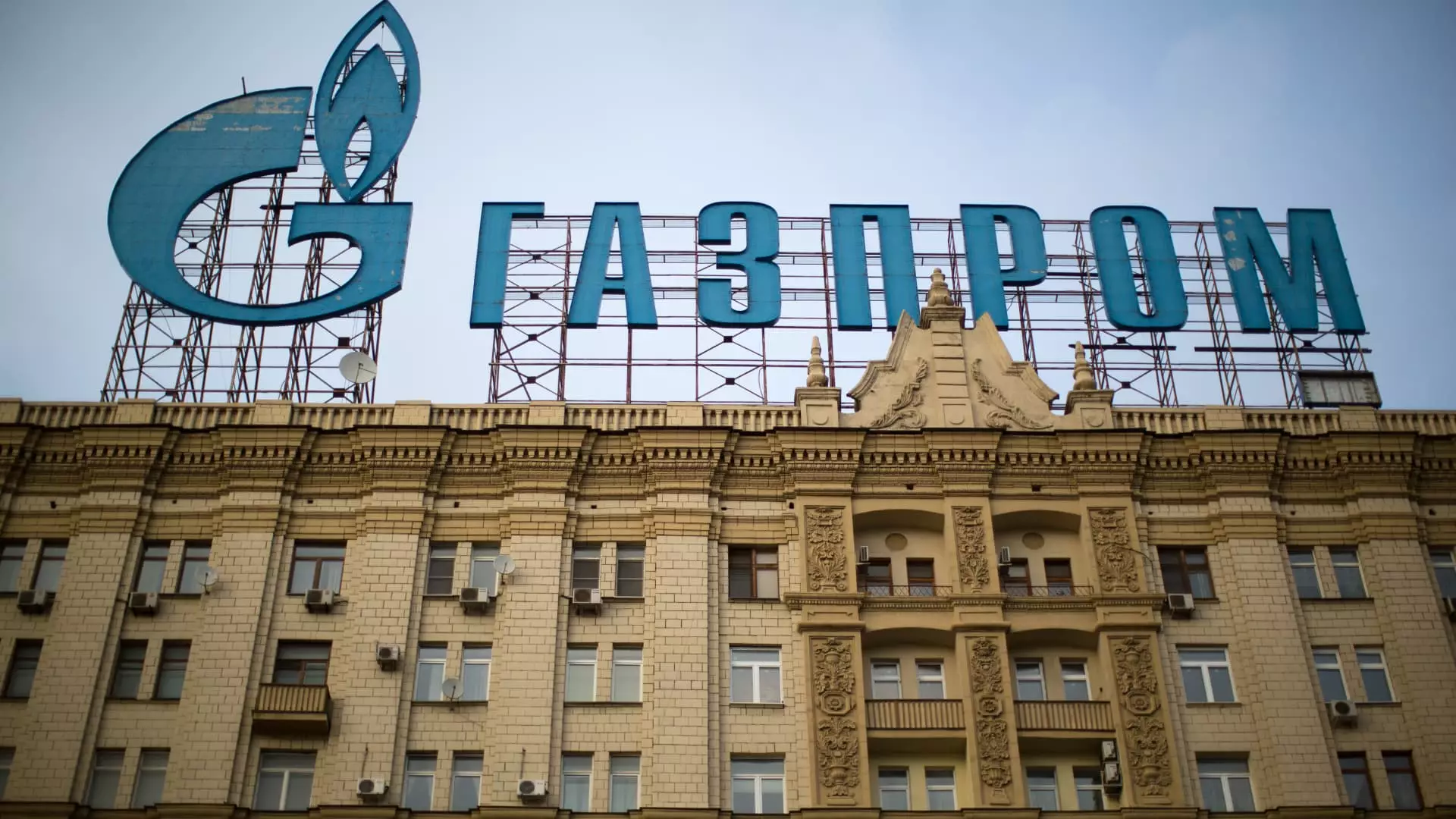The ongoing energy conflict between Russia and Moldova has reached new heights with Gazprom’s recent announcement to halt gas supplies to the Eastern European nation starting January 1. Citing alleged unpaid debts, Gazprom’s decision not only poses significant risks to Moldova’s energy security but also underlines the fraught geopolitical dynamics in the region. As Moldova, a country striving to strengthen its ties with the European Union, grapples with this new threat, the implications of Russia’s energy weaponization become ever more pressing.
The Nature of Gazprom’s Claim
At the center of Gazprom’s decision lies a claim that Moldova owes approximately $709 million for past gas supplies. This figure has been vehemently disputed by Moldovan authorities, who argue, based on international audits, that the actual debt is around $8.6 million. The vast difference in the claims has sparked heated discussions about the validity of the debt and the intentions behind Gazprom’s actions. Moldova’s Prime Minister Dorin Recean has publicly rejected the claims as unfounded, emphasizing that the debt has been ‘invalidated’ by recognized international firms.
Moldova’s government is thus faced with a dual challenge: not only must it navigate the complexities of energy dependence, but it must also contest a debt that it views as a tool of political manipulation. The reliance on Russian energy has long been a contentious issue in Moldova, and this incident brings the long-standing relationship under scrutiny as the government seeks alternatives.
Impacts on Energy Security
With gas supplies halted, the immediate effects on Moldova’s energy infrastructure are alarming. The Kuciurgan power plant, situated in the self-declared republic of Transnistria, is the country’s largest energy producer and is crucial for electricity generation. A cessation of gas supplies to this facility threatens not just energy production but also the stability of the broader grid, making Moldova susceptible to energy shortages during already harsh winter conditions.
Moldova’s response has included declaring a state of emergency in the energy sector. This move, pushed through the parliament, reflects the seriousness of the situation and serves as a government-level acknowledgment of the potential crisis ahead. Emergency measures to limit energy consumption have been laid out, which includes reducing lighting in public spaces and monitoring the operational hours of businesses that require substantial energy. These decisions stress the severity of the energy crisis Moldova faces with Gazprom’s actions.
Moldova’s escalating problems due to its reliance on Gazprom have compelled the government to look towards the West for support. Recent changes in government leadership with Pro-Western President Maia Sandu’s reelection have signaled an organizational shift, prioritizing integration with EU frameworks. The Moldovan government has expressed intentions to diversify its energy sources, largely to mitigate the risks associated with its current dependency on Russian gas.
In the face of adversities, Moldova is also exploring legal avenues, including potential international arbitration, as a way to protect its national interests. The situation is laden with political tensions, as Moldova asserts its sovereignty against perceived Russian meddling, especially with the backdrop of Russia’s invasion of Ukraine and the rising influence of Europe in the region.
Moldova’s struggles highlight the broader challenges faced by many post-Soviet states caught in the crossfire of geopolitical tensions between Russia and the West. As Moldova works to solidify its position and secure its energy future amid looming threats, the John of entirely shifting away from Russian energy dependence is fraught with challenges and complexities.
In 2022, when bloc tensions escalated, many European nations sought to diversify their energy supplies, pivoting towards liquefied natural gas imports from allies such as the United States and Qatar. Moldova must embark on a similar path to ensure that it can sustain itself independent of Russian control, even as Gazprom seeks to use its energy supplies as leverage in political disputes.
The stakes are high. The outcome of this conflict has the potential to reshape not only Moldova’s political landscape but also its relationships with surrounding nations and the EU. The coming weeks and months will be critical as Moldova braces for possible energy shortages while strategically navigating its precarious geopolitical situation.


Leave a Reply